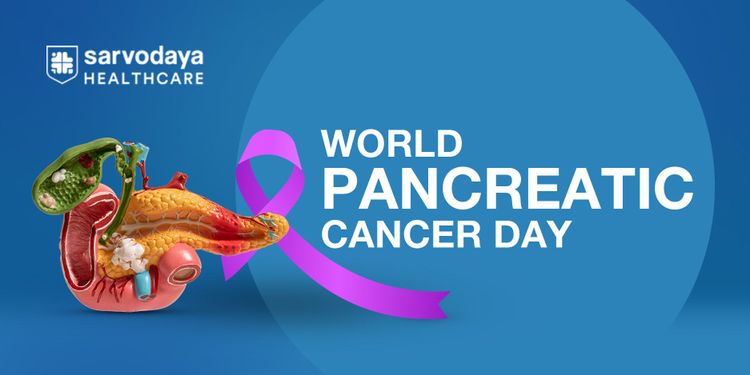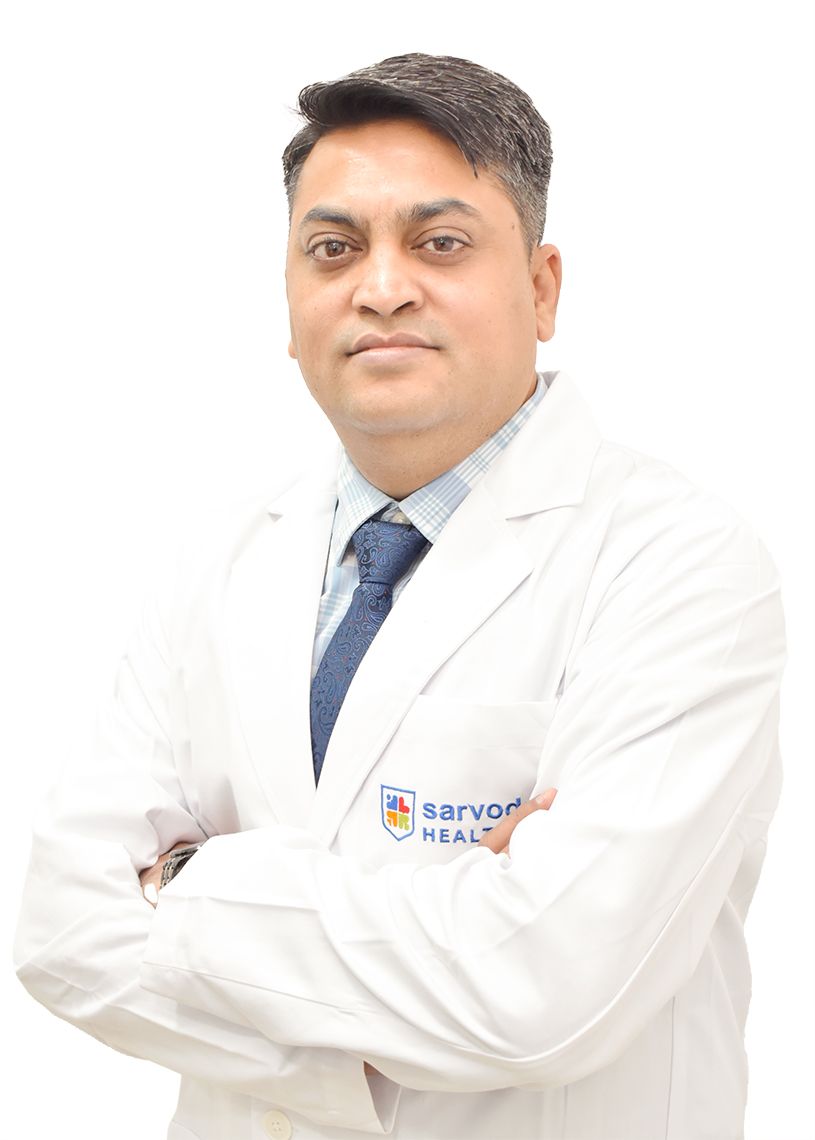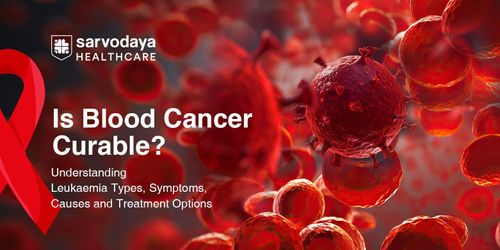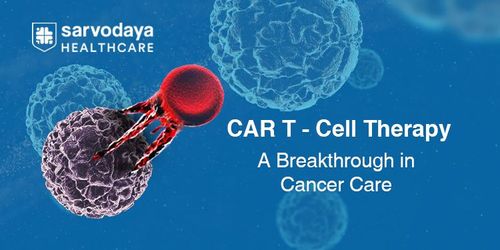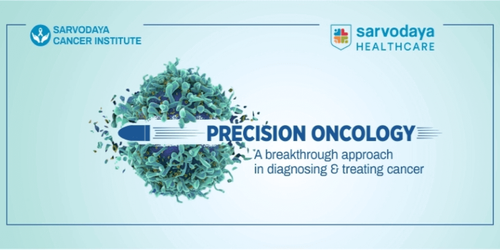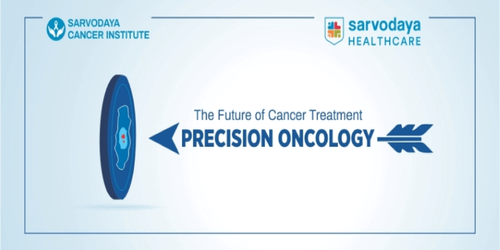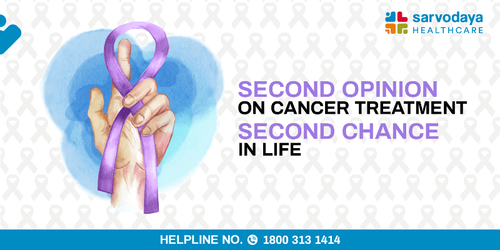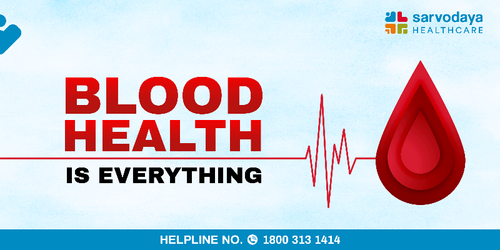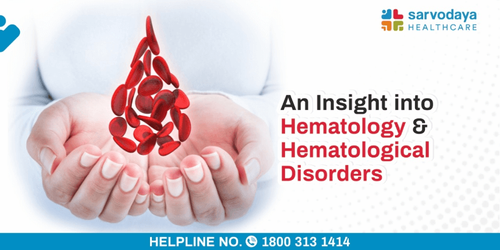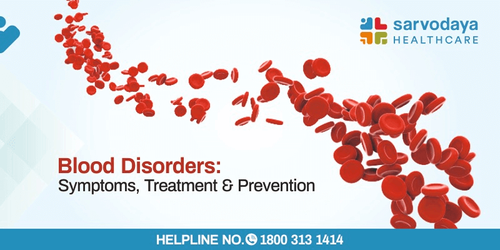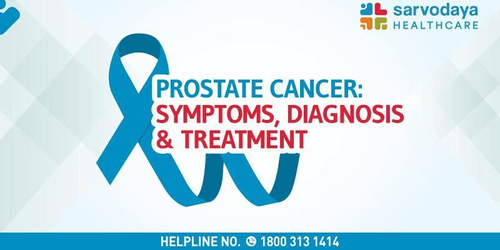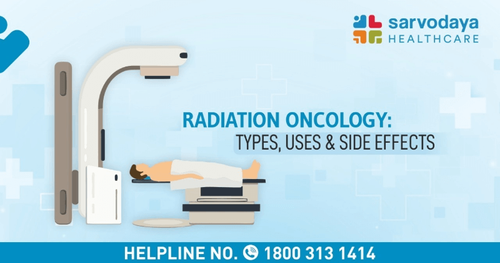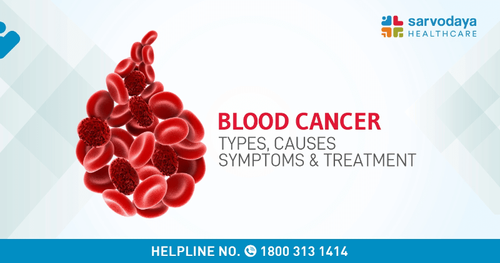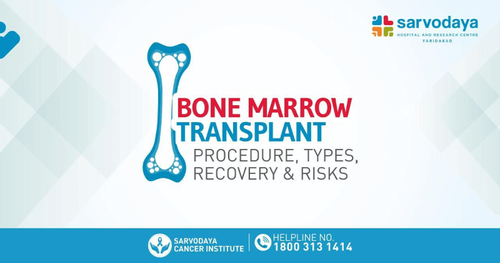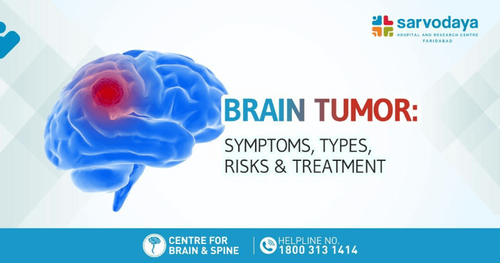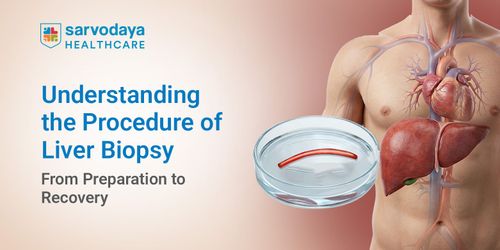Every year, World Pancreatic Cancer Day 2025 is observed on 21st November to raise awareness about one of the most aggressive and least-diagnosed forms of cancer. Pancreatic cancer is often called a “silent killer” because its symptoms appear only after the disease has significantly progressed, making awareness and preventive action crucial.
In this blog, we discuss what pancreatic cancer is, its meaning, and common pancreatic cancer symptoms.
Exploring Pancreatic Cancer
The pancreas is a gland located behind the stomach, responsible for producing enzymes that help digest food and hormones that regulate blood sugar. Pancreatic cancer develops when abnormal cells grow uncontrollably within the pancreas, forming tumours that can affect digestion, metabolism, and several vital body functions.
There are two main types of pancreatic cancer:
- Exocrine Pancreatic Cancer: The most common type, originating in the cells that produce digestive enzymes.
- Endocrine (Neuroendocrine) Pancreatic Cancer: A rarer form that affects hormone-producing cells.
Common Pancreatic Cancer Symptoms to Watch Out For
One of the most challenging aspects of pancreatic cancer is that it develops silently. Most pancreatic cancer symptoms appear only when the disease has reached an advanced stage. However, being aware of these signs can make all the difference in seeking medical help early and improving survival rates.
Below are some of the most common pancreatic cancer symptoms to look out for:
- Abdominal or Back Pain: Often dull and persistent, it may worsen after meals or while lying down.
- Unexplained Weight Loss: Rapid weight loss without dieting or exercising may indicate a deeper health issue.
- Jaundice: Yellowing of the skin and eyes caused by bile duct blockage.
- Loss of Appetite: Feeling full quickly or avoiding food due to nausea and discomfort.
- Dark Urine and Pale Stools: Common when bile flow is affected.
- Fatigue: Constant tiredness or weakness even after adequate rest.
A doctor may recommend imaging scans, blood tests, or endoscopic procedures to confirm the diagnosis. Early intervention through timely medical evaluation can help slow progression and improve treatment success.
The Importance of World Pancreatic Cancer Day in 2025
World Pancreatic Cancer Day 2025, observed globally on 21st November, is dedicated to increasing awareness and understanding of this aggressive disease. The campaign encourages people, medical organisations, and governments to come together and promote early diagnosis, research, and patient support.
Key objectives of World Pancreatic Cancer Day 2025 include:
- Promoting Early Detection: Encouraging people to recognise pancreatic cancer symptoms and seek timely consultation.
- Advocating for Research: Supporting medical innovations and targeted therapies.
- Improving Patient Care: Ensuring access to the best cancer treatment in India and globally.
- Encouraging Lifestyle Awareness: Highlighting the role of diet, exercise, and regular check-ups in prevention.
By participating in World Pancreatic Cancer Day 2025, individuals can help spread awareness, wear the purple ribbon with pride, and show solidarity with patients, survivors, and their families.
Diagnosis: How Early Detection Can Save Lives
Early detection is the cornerstone of improving outcomes for patients diagnosed with pancreatic cancer. Once pancreatic cancer symptoms are identified, doctors perform several diagnostic tests to confirm the presence, type, and stage of the disease. Accurate diagnosis helps tailor a treatment plan that offers the best possible chance of recovery.
Common diagnostic methods include:
- Imaging tests such as CT scans, MRIs, or PET scans to identify tumours or abnormalities.
- Endoscopic ultrasound (EUS) for a closer view of the pancreas.
- Biopsy, where a small tissue sample is examined under a microscope.
- Blood tests that detect tumour markers and assess overall organ function.
Treatment for Pancreatic Cancer
When confirmed, the choice of treatment depends on the stage of the cancer, the patient’s overall health, and the tumour’s location. The main treatment options include:
- Surgery: For cases where the tumour is localised, surgery offers the best chance for a cure. In many leading hospitals, advanced robotic surgery is used for pancreatic tumour removal. Robotic-assisted procedures ensure higher precision, smaller incisions, less pain, and faster recovery times compared to traditional surgery.
- Chemotherapy: Used to destroy cancer cells or shrink tumours before surgery.
- Radiation Therapy: Often combined with chemotherapy to target specific areas.
- Targeted Therapy and Immunotherapy: Innovative treatments that enhance the body’s immune response or target cancer cell mutations specifically.
When skilled specialists use robotic surgical systems, they further improve accuracy and postoperative outcomes for patients with pancreatic cancer.
Life After Treatment: Recovery, Support, and Hope
Life after pancreatic cancer treatment can be challenging, both physically and emotionally, but it also opens the door to renewal and resilience. Recovery doesn’t end after surgery or therapy; it continues with rehabilitation, nutrition, and mental health support.
Here are some essential elements of recovery and ongoing care:
- Nutritional Guidance: Many patients experience digestive issues after treatment, so dietitians help create balanced meal plans that promote healing and energy.
- Physical Rehabilitation: Gentle exercises and physiotherapy rebuild strength and stamina gradually.
- Mental and Emotional Support: Counselling and support groups help patients and families manage anxiety, fear, and stress related to the illness.
- Regular Monitoring: Scheduled follow-ups, imaging, and blood tests help detect any recurrence early.
Conclusion: Early Awareness and Expert Care Can Save Lives
Raising awareness about World Pancreatic Cancer Day 2025 serves as a powerful reminder that early detection, awareness, and timely medical intervention can save lives. Pancreatic cancer is one of the most challenging cancers to detect in its early stages, which makes awareness of pancreatic cancer symptoms and regular health check-ups essential.
At the heart of effective treatment lies the combination of expertise, innovation, and compassionate care. Sarvodaya Hospital, Faridabad, recognised among the best cancer hospital in India, offers advanced facilities and a multidisciplinary approach to cancer treatment. The hospital also provides cutting-edge robotic surgery, which allows for greater precision, minimal pain, smaller incisions, and faster recovery, ensuring patients can return to their normal lives sooner.
If you or your loved one has been experiencing persistent symptoms, book an appointment now with a cancer specialist for timely evaluation and care. Awareness today can lead to a healthier, hopeful tomorrow.
Read More Awarness Day:
- World Prematurity Day 2025
- World Diabetes Day 2025
- World Pneumonia Day 2025
- World Polio Day 2025
- World Trauma Day 2025
- Mental Health Day 2025
- World Heart Day 2025
- World Patient Safety Day 2025
- World Lymphoma Awareness Day 2025
- World Lung Cancer Day 2025
- World Hepatitis Day 2025
- World Population Day 2025


